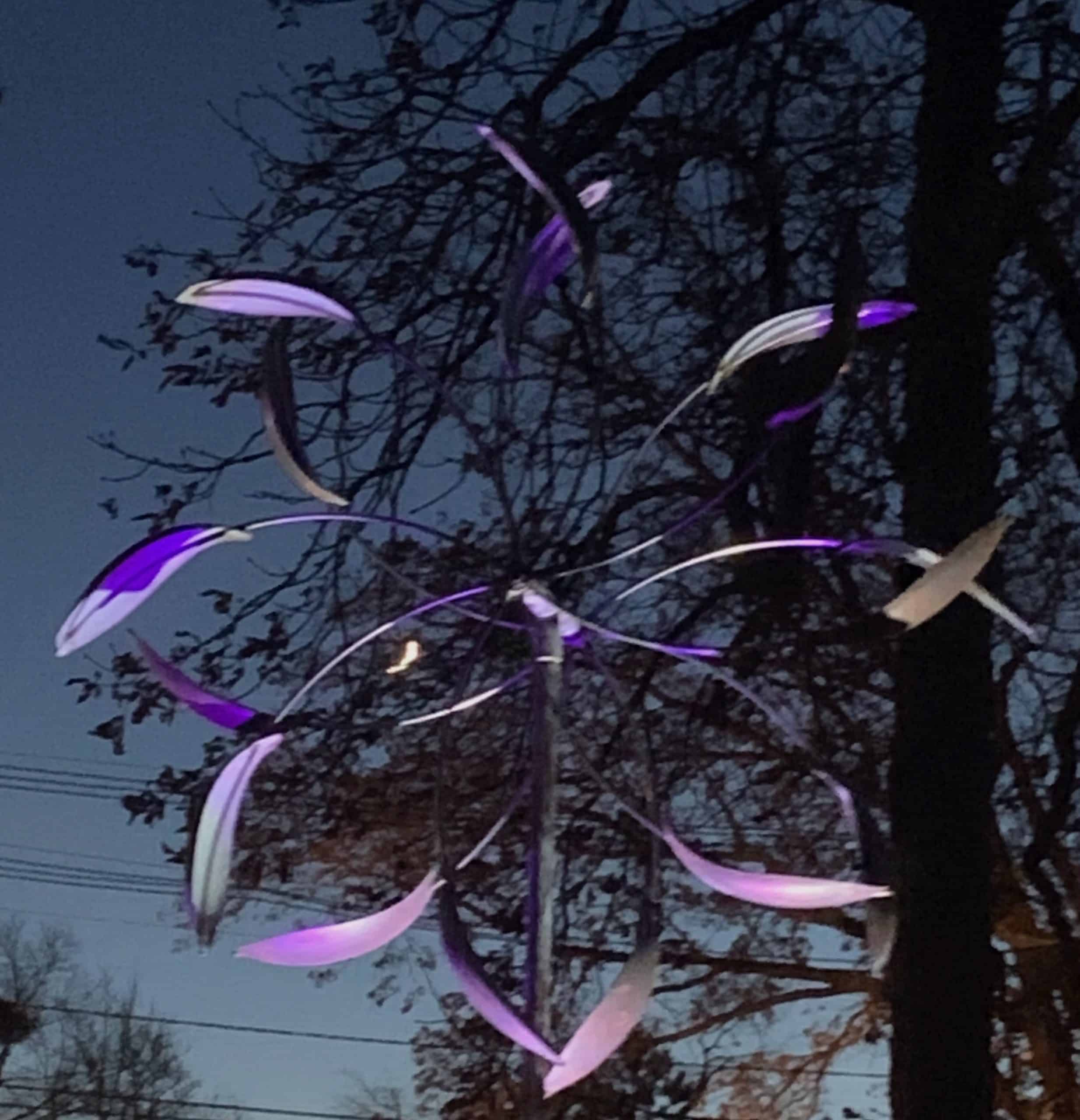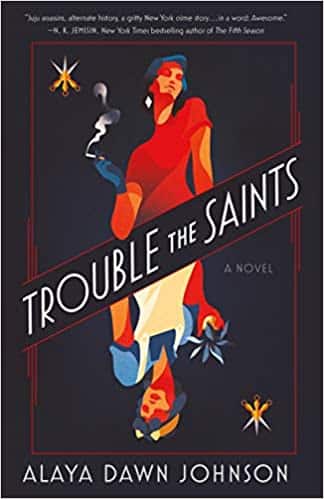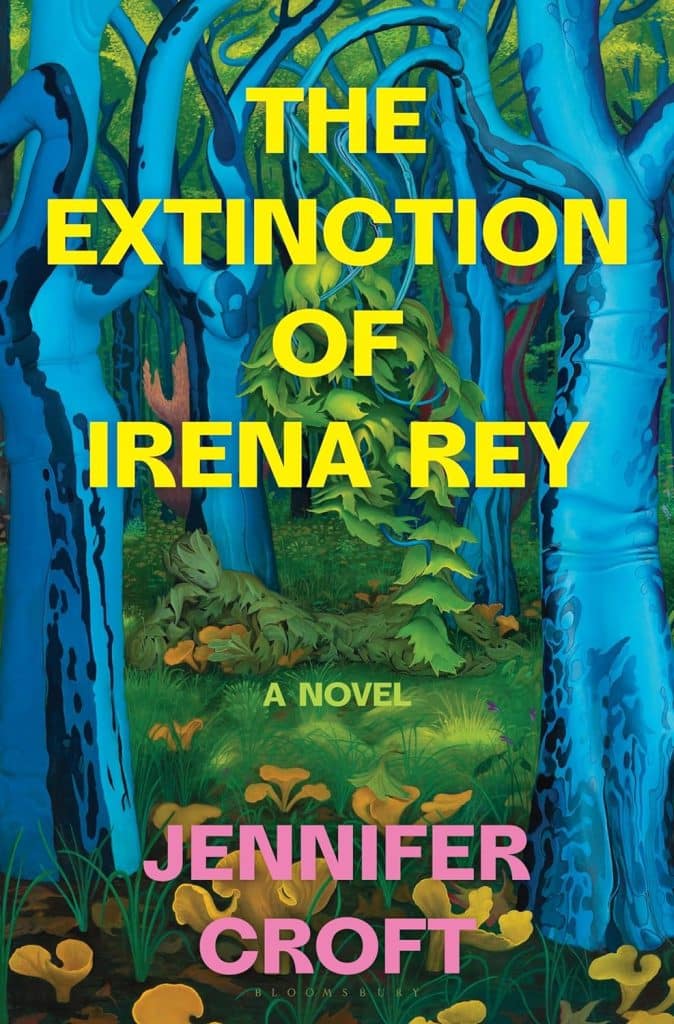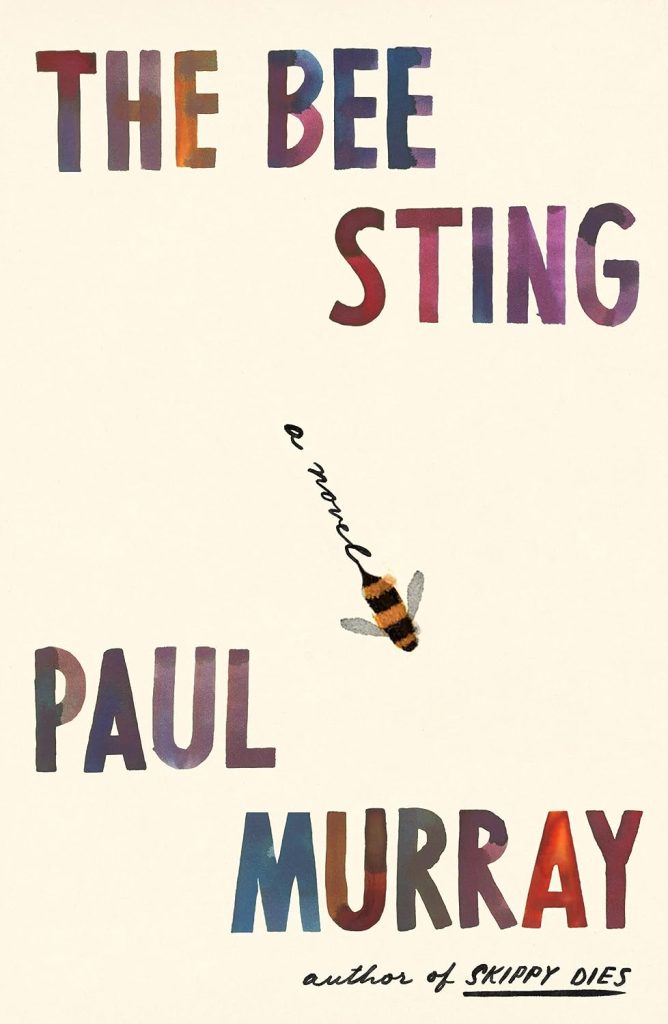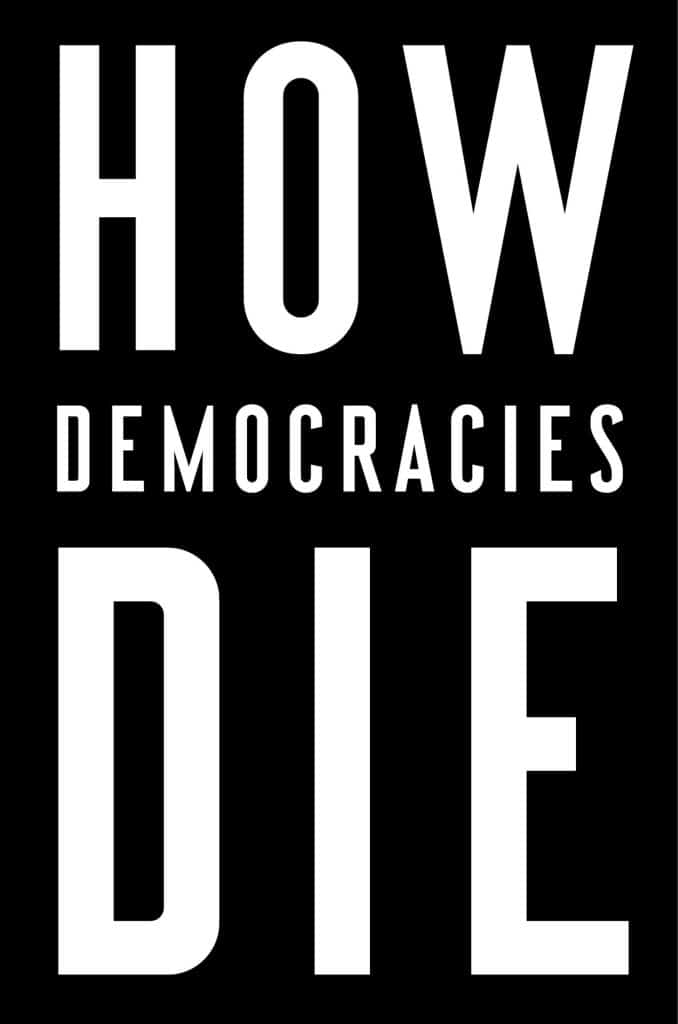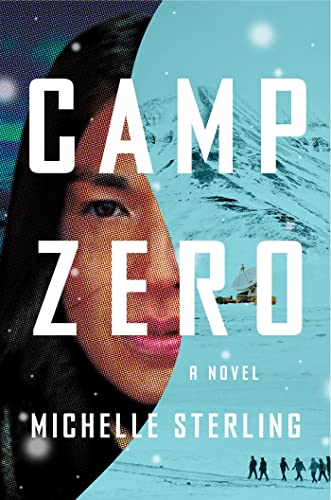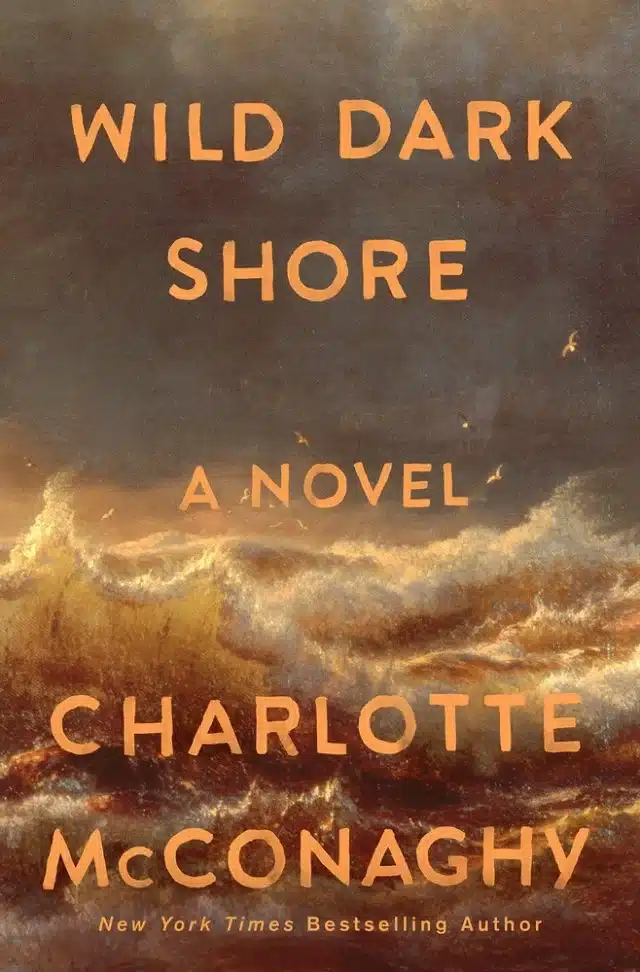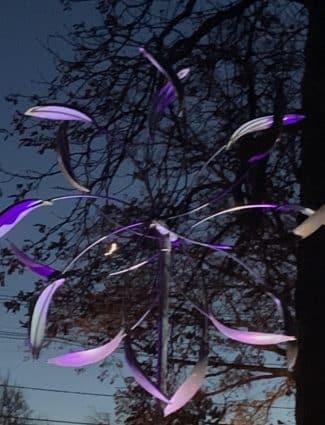
Sharing Jan’s Love Newsletter December Issue
Estimated reading time: 1 minute, 33 seconds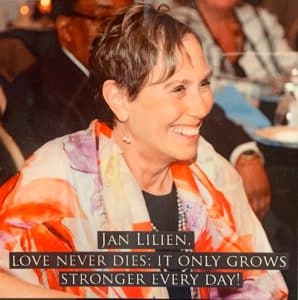 The December issue of Sharing Jan’s Love Newsletter includes articles on:
The December issue of Sharing Jan’s Love Newsletter includes articles on:
True Love Never Dies – “Relationships can die, but true love never does. I wear my wedding ring because I still love her. That is my only answer.”
The post is about our love, faith, and family journey. However, dear reader, this is a change from my prior posts. It is not memories of Jan and the love we shared. It is an attempt at historical fiction. It is based on some events that occurred. It is not finished.
However, like all historical fiction, it asks the proverbial what-if questions. This story presumes that a frightening episode at the time had not strengthened our love and devotion.
The newsletter updates The Jan Lilien Memorial Triangle Garden, including Jan’s Purple Wind Sculpture, both in Hanson Park. Please consider making a tax-deductible donation to The Jan Lilien Education Fund. I will match dollar-for-dollar.
Short stream posts on:
- Cranford Radio Podcast,
- One Hundred Thirteen Miles,
- Twelfth Night,
- Grief is a Great Teacher,
- Smiling, Wes if Five.
- Purple Wind Sculpture,
- And more.
I have reviewed recent books:
- A Gentleman in Moscow by Amor Towles
- Lucy by the Sea: A Novel by Elizabeth Strout
- On the Rooftop: A Novel by Margaret Wilkerson Sexton
- Civil War by Other Means: America’s Long and Unfinished Fight for Democracy by Jeremi Suri.
Thanks! Best wishes for a healthy and happy holiday season!
The Jan Lilien Education Fund sponsors ongoing sustainability and environmental awareness programs. Gifts made this month; I will match dollar-for-dollar. All donations are tax-deductible.
I receive a commission when you buy a book or product using a link on this page. Thank you for supporting Sharing Jan’s Love blog.



